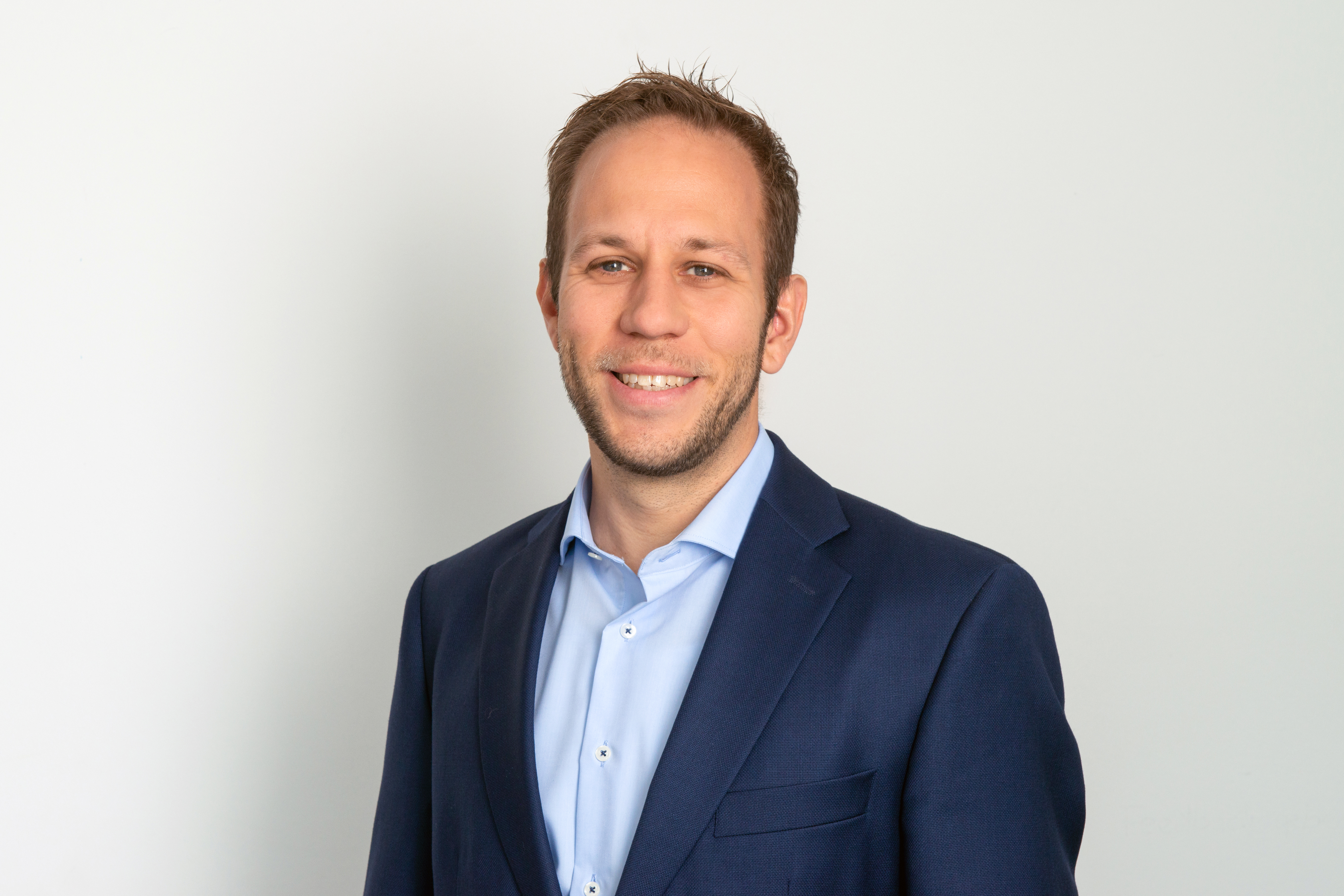Buchs, 4 April 2024. Electromobility is a challenge for today’s electricity infrastructure. Optimising the use of batteries in a large number of electric vehicles as flexible storage solutions can help to break peaks and optimise costs. In a research project supported by the Swiss Federal Office of Energy, intelligent and bidirectional charging is being investigated using the DPD fleet in Basel as a case study. The insights gained from this project will help close the emerging electricity gap at peak times and stabilise the grid.
The sticking point in the decarbonisation of transport today is no longer the vehicles, but the power grids. The challenge lies in charging a large number of vehicle batteries in the same place at the same time. As upgrading the infrastructure is time-consuming and expensive, the importance of innovative solutions for optimising electricity consumption is rising. As part of the federally funded TEC-OFF research project, the parcel service provider DPD is testing the concept of bidirectional charging with its vehicle fleet together with sustainability researchers from the ZHAW School of Engineering. The batteries of electric vehicles are used as temporary storage to feed electricity back into the grid at peak times and stabilise it.
Optimising costs and achieving energy targets
Electric trucks have batteries that can contain up to 1'000 kWh of energy and have a bidirectional charging capacity of over 100 kW – ten times more than electric cars. Second-use truck batteries, which have to be replaced after a certain number of kilometres but can still be used to stabilise the grid, can also be used. ‘Our aim is to deploy our fleet of over 800 vehicles in such a way that we can optimise electricity costs, avoid expensive grid upgrades and contribute to achieving Switzerland’s energy targets,’ says Ville Heimgartner, Senior Innovation Project & Sustainability Manager at DPD Switzerland.
In addition to bidirectional charging, other measures for optimising the overall system are being investigated: needs-based charging of vehicles throughout the day and investments in batteries with a greater output than necessary merely for parcel delivery routes. The project, which will run until autumn 2025, also aims to provide insights into the conditions under which a logistics fleet can be integrated into a private consumption community of buildings or companies (known as a ZEV in Switzerland). To ensure the cost-effectiveness of the solutions, a simulation model is being developed that calculates the total and life-cycle costs (TCO/LCC).
Prestigious research consortium
TEC-OFF stands for ‘Techno-Economic Grid Connection Optimisation for Electric Freight Fleets’. It is supported by the Swiss Federal Office of Energy’s Research Programme Mobility and by a consortium. The Institute for Sustainable Development at the ZHAW School of Engineering is a research partner. ‘To facilitate the complete electrification of freight fleets, we are developing innovative solutions that place minimal strain on the grids and guarantee the full availability of the fleet,’ says Professor Maike Scherrer, Head of Sustainable Supply Chain Management and Mobility at the Institute for Sustainable Development. The technology company sun2wheel is developing the software and hardware for bidirectional charging and needs-based load management. ‘In this project, we hope to understand how smart load management and storage elements can avoid expensive connection capacity upgrades while ensuring the electrification of the DPD fleet at the same time,’ says Sandro Schopfer, CEO and co-founder of sun2wheel.
The knowledge and technology transfer specialist novatlantis is responsible for disseminating the project’s findings and for project management. Other partners include IWB and SBB Immobilien Development, which owns the Wolf site in Basel. armasuisse, Designwerk Technologies AG, EVTEC AG, Galliker Transport AG, CKW Gebäudetechnik AG, Lucerne University of Applied Sciences and Arts and PostAuto AG are also part of the advisory group. The Wolf project site in Basel was selected because it provides a realistic analysis and testing environment with the DPD Green City Hub and the former Smart City Lab Basel.
Project website
https://www.dpd.com/ch/en/responsibility/dpd-our-electric-future/
About the TEC-OFF project
Ville Heimgartner, [email protected], Tel. +41 76 283 30 53
Regina Flury von Arx, novatlantis, [email protected], Tel. +41 79 514 26 58
DPD (Schweiz) AG media liaison
DPD (Schweiz) AG
Marco Kaiser
[email protected]
https://www.dpd.com/ch/en/
ZHAW School of Engineering media liaison
Institute of Sustainable Development (INE)
Professor Maike Scherrer
[email protected]
https://www.zhaw.ch/en/engineering/institutes-centres/ine/
sun2wheel AG media liaison
Sandro Schopfer, CEO and co-founder
[email protected]
https://sun2wheel.com/en/home/
SBB Immobilien media liaison
SBB media office
[email protected]
Tel. +41 51 220 41 11
https://sbb-immobilien.ch/en/



